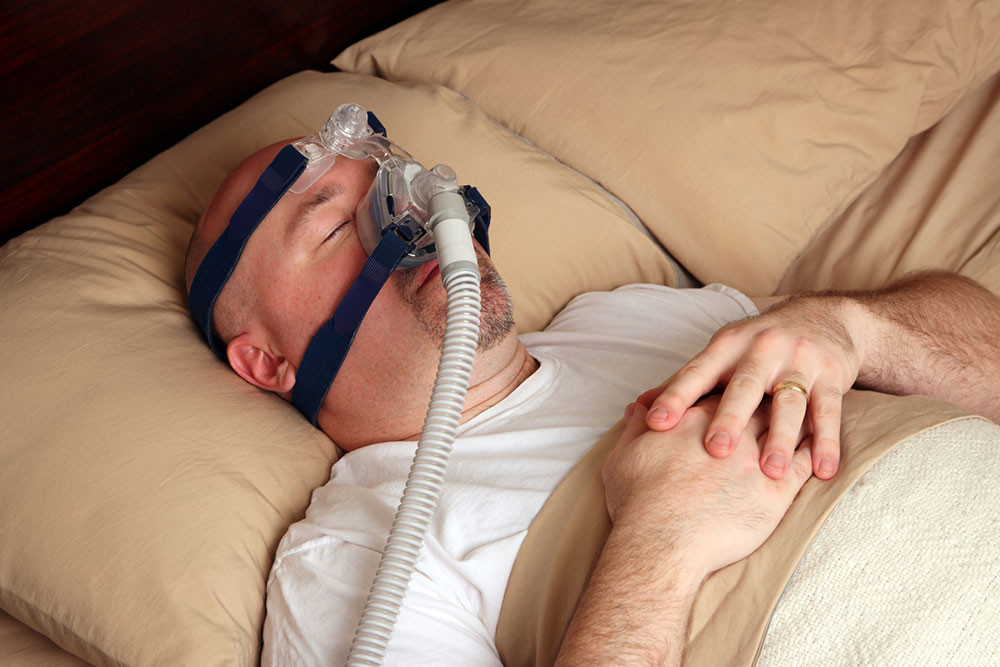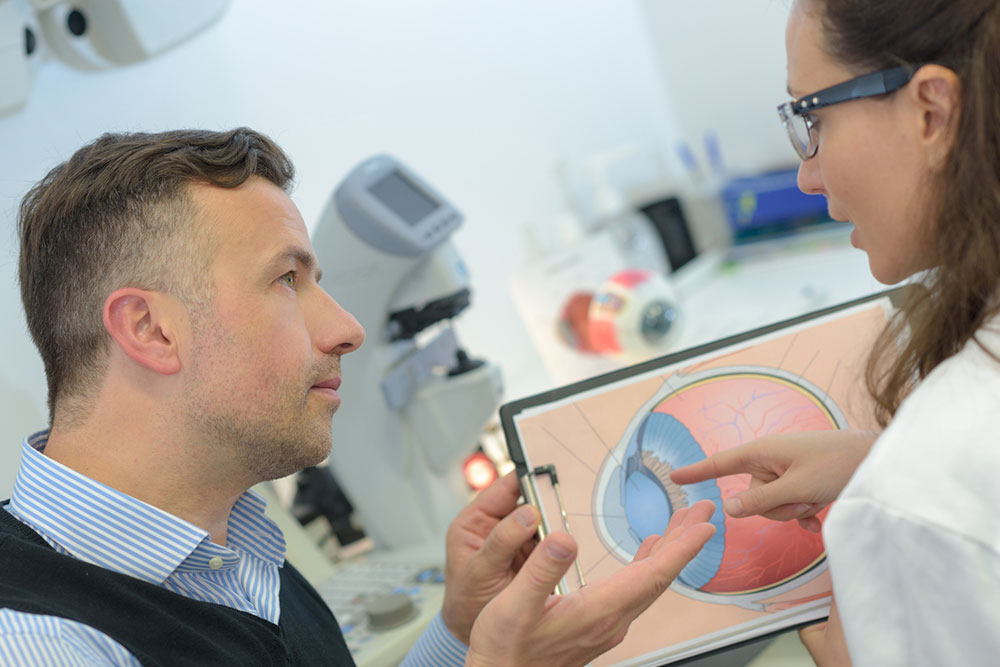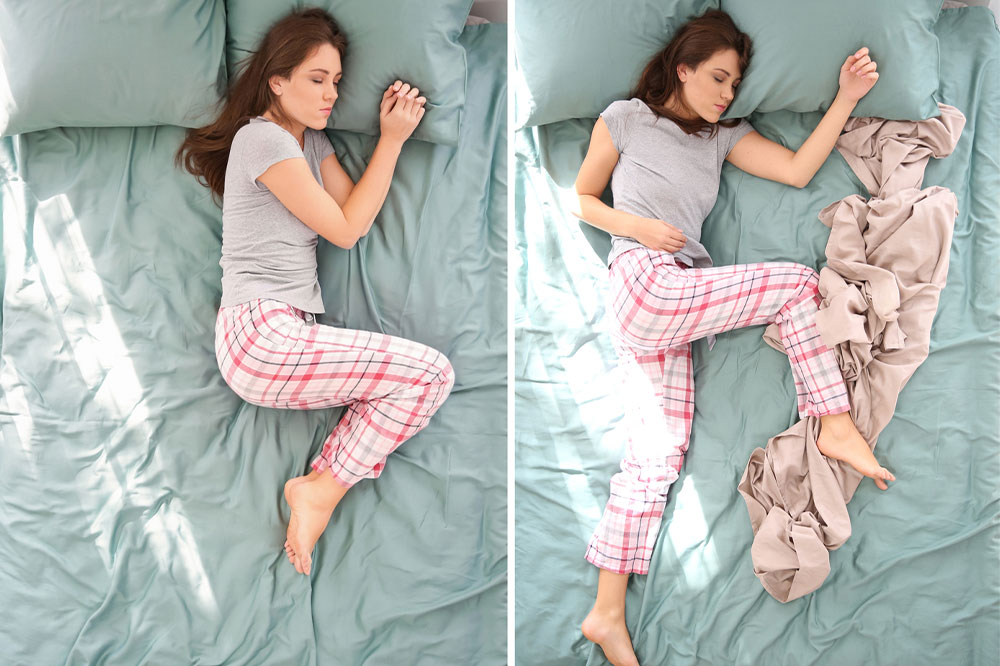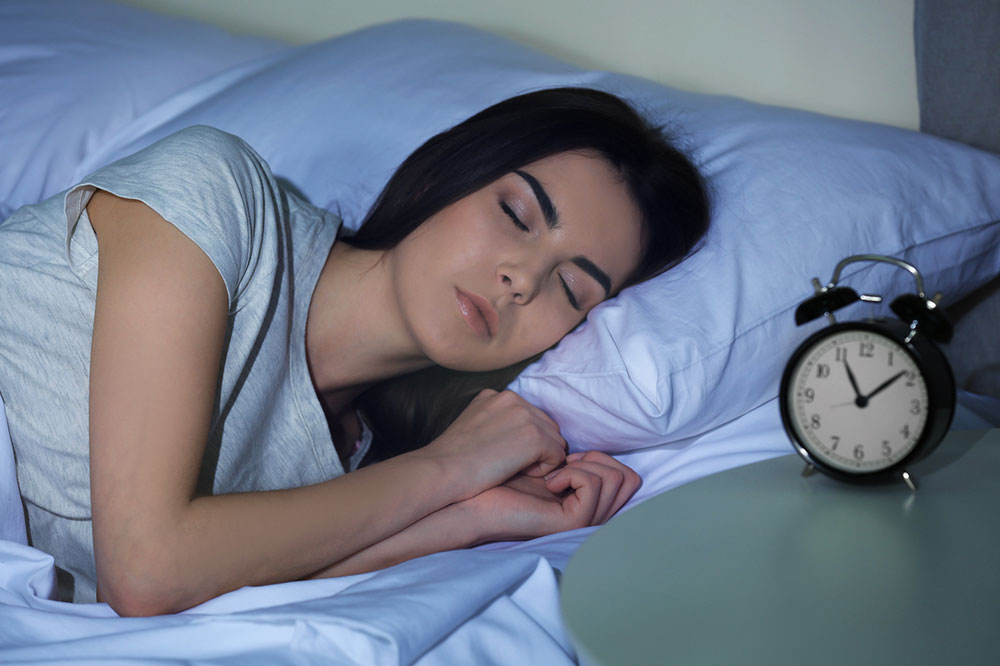11 common mistakes people with sleep apnea should avoid

One might have a healthy meal plan and exercise regularly, but all such efforts are in vain without proper sleep. Because sleep is indispensable, diagnosing sleep conditions early and following a systematic treatment course is important. Sleep apnea is one such condition in which one’s breathing stops during sleep. Often, it causes symptoms like snoring and fatigue. Alongside consulting a doctor, avoiding some mistakes during treatment can help control the symptoms.
Not having a fixed sleep schedule
A healthy sleep schedule is the cornerstone to speedy recovery from sleep apnea. Although a healthy sleep pattern doesn’t suffice alone, it is essential in helping one feel refreshed and reducing fatigue. So, it is a good idea to sleep and wake up at fixed times as far as possible, ensuring that one gets at least seven to eight hours of sleep at night . To help the body get accustomed to this schedule, one should follow certain healthy sleep practices, such as staying away from gadgets and electronic devices before bedtime, investing in a comfortable mattress, and sleeping in a dark room.
Not having the right sleeping position
C hanging one’s sleep position might help control sleep apnea symptoms. The best sleep position for those with sleep apnea is to sleep on one’s side with one’s back straight.







